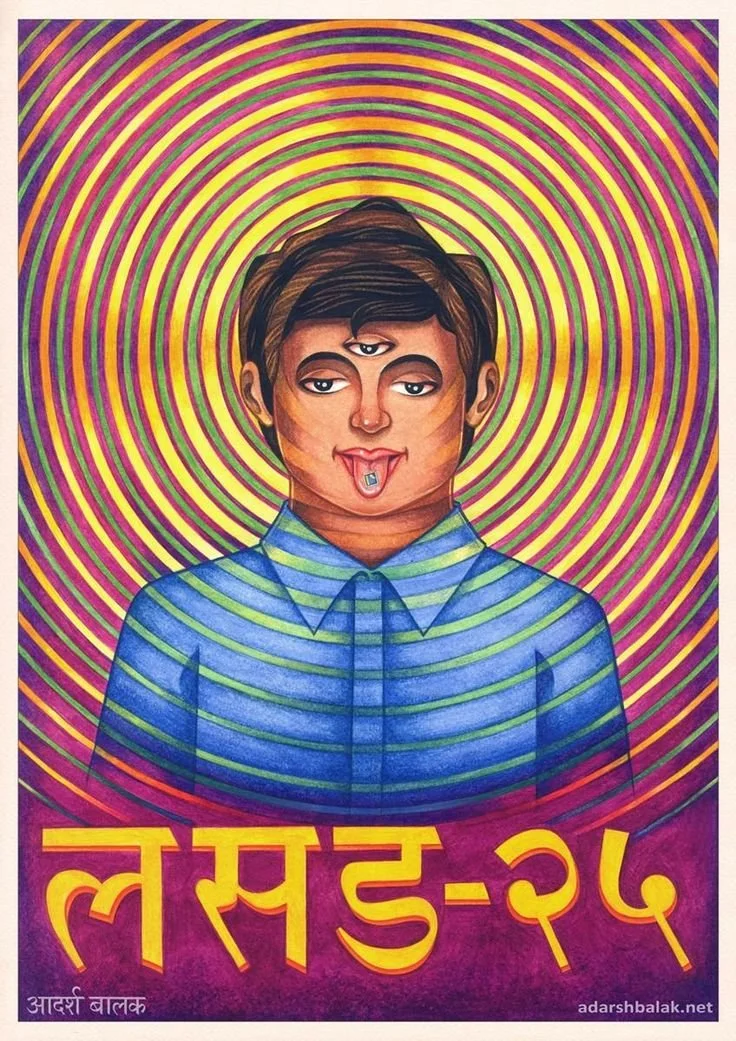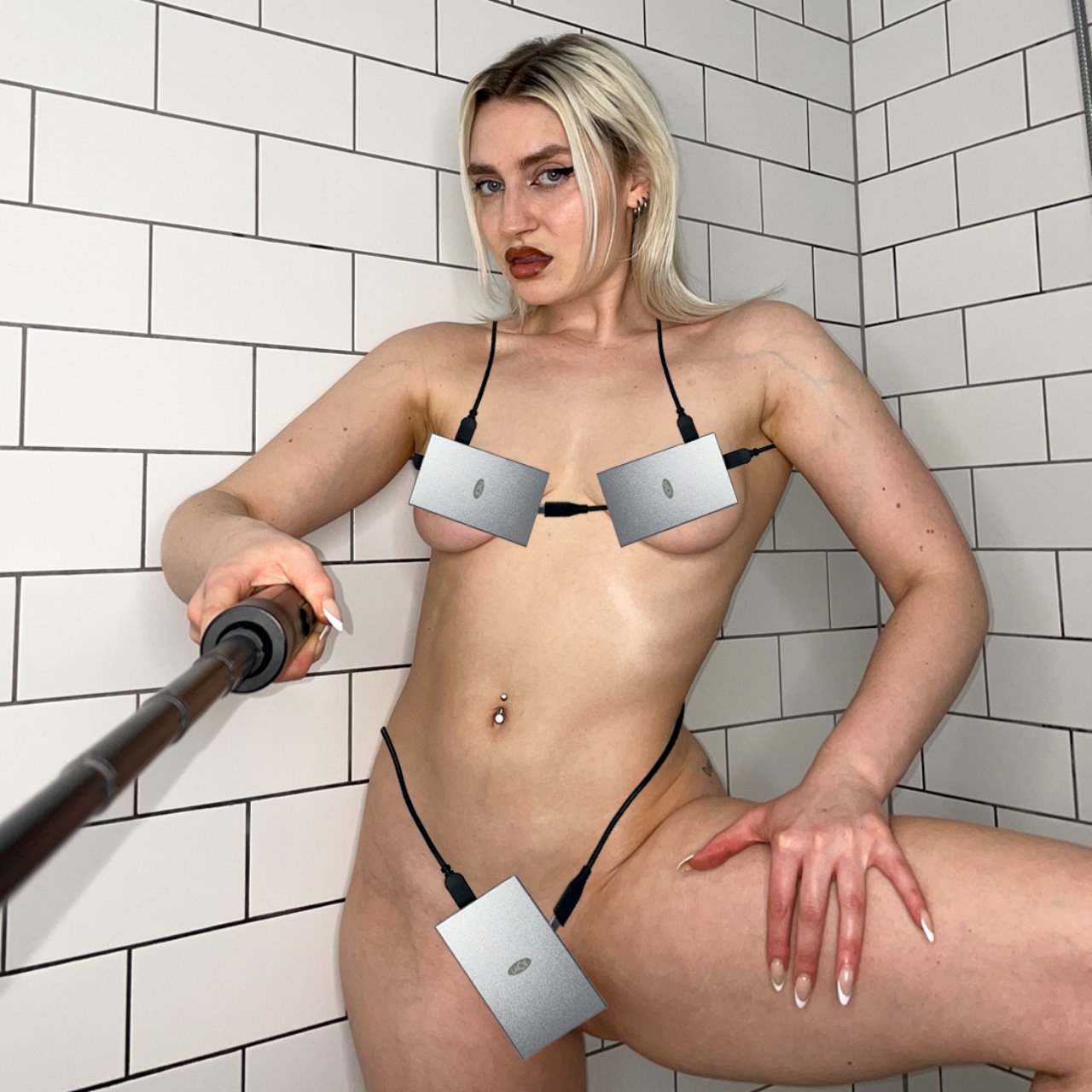Fabiola Larios
What does it mean to grow up on the internet? How did our relationship with the endless space of the world wide web really changed? When did we all realize that the playful environment we all inhabited was collecting our data and restraining us in filter bubbles? Up to fifteen years ago, we all discovered the internet as a new way for socializing, a tool to present endless versions of ourselves, to finally hold in our hands the very well personalized narrations we wanted other users to see. We played flash games, drenched our pictures in bright-coloured filters and poured a bunch of glitters on them, used chatbots to connect with strangers and sent gifs that felt more exhaustive than saying a thousand words.
Nobody really had a clue about the fact that we were actually feeding our data in order for the internet to be like it is today. Slowly, that joyous warmth started mutating into a feeling of threat; nevertheless, for the born-and-raised on the web, the idea of that worldwide spread utopia can’t seem to vanish completely. That uncanny tension between familiar and unknown, endless possibilities and restrain, freedom and surveillance is right where Fabiola Larios’ artworks take their lifeblood from. The universe of the Miami beach based artist is infact made of omnipresent observing presences - surveillance cameras - recalling girly aesthetics and nostalgic imaginaries. Her “Biblically accurate” cctv cameras—made using machine learning and AI–are covered in sparkling glitter, and satirically play with the innocence of childlike internet actions in opposition to symbols of omnipresent mechanical gazes.
Hi Fabiola! We are so used to think about the internet as a magical tool that sometimes it’s hard realizing that the internet is made of a collection of our data. A lot of side effects of the internet we know can become scary when refined systems are adopted by governments or corporations in a way that is not controlled enough. How did this surveillance satire first come into your mind?
I come from a religious background, and my mom would constantly tell me that God was watching me. When I realized that surveillance cameras were everywhere - and that we are actually constantly watched - I started thinking about the function of cameras as if they were God. It’s a very important theme in my art practice, I think it makes it critical but also readable. I want my art to be easily understood.
You named one of your surveillance cams NFTs “Stalk in Pink”. I think all of us, on the internet, are kind of absorbed into this state of stalking and being stalked. In a way we’re all letting everybody aware of our intimate processes, and we’re all used to knowing everybody’s intimate process as well. Do you also struggle to set a limit, or how did you create boundaries between intimate and private, when working as a net artist and being present on the web?
Since I grew up on the internet, I don't think I really struggle to set a limit. Setting boundaries while working is really important, and I have to set limits regarding the time I spend consuming content, and be very aware of how I train my algorithm. I only share what I want people to know about me, and I try to stay pretty neutral online.
Every little girl who grew up on the internet can relate to the aesthetic you evoke: when playing flash games, everything was glittery, shiny and pink, but it was not merely a game. It was us moving our first steps into a new digital realm we were just approaching. As youngsters dealing with their newborn virtual identities on social media, we thought covering everything with glitter on Blingee was the only coping mechanism possible. What do you think changed from the internet we knew when we were kids? How do you think the internet grew up along with us?
This is a very interesting question. I read somewhere that we actually are the first young generation that will get old on the internet, and that kinda hit me, because we are now leaving traces of us getting older online. The internet has changed so much since when we were kids. Before, the internet was more open, you would find more random things, while now we are kept in our little echo chambers. Our opinions are getting more and more extreme, because our views are constantly reinforced through the content that we consume.
Do you keep track of your moves on the internet (the pictures you edited, the messages you sent, the websites you visited) or do you prefer to leave them in the flux without pinpointing your steps? Do you think we should take more care of our digital waste?
I honestly try to delete emails that are not useful for me anymore. I only keep my mom’s emails when she sends me recipes: those are like digital mementos for me. I have been deleting my online profiles that I don’t use anymore, not only because of digital waste, but because I don’t want somebody googling my name to find a random profile I made 10 years ago, lol.
Since being kids, we’ve been accustomed to pour fragments of our identities online, ending up creating aesthetics, trends, and putting them into a system that collects our data. Some people argue that, nowadays, we’re not creating the algorithm anymore: contrarily, we became malleable to the algorithm, and is the algorithm itself defining what the next -core will be. What is your view about this? Do you think there’s a risk we won’t control cultural fluxes anymore?
I think we are in a time where we still have a hold on controlling the algorithm, but maybe that will change. Carolina Herrera said that influencers don’t have a personality: that they are just a product of the things people give them for free. That, for sure, is something that is changing in our culture: any company can become relevant because a group of influencers are offered a deal.
interview ARIANNA CASERTA
What to read next








